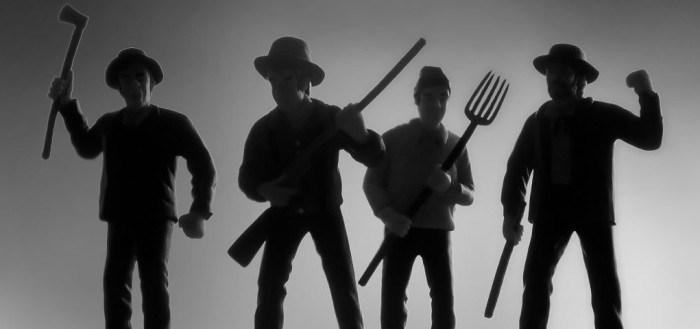
As recounted in last week’s blog, we tried a little experiment in writing viral headlines — choosing three different versions of a headline and promoting them on Facebook to see which got the most response. Businesses that rely on Facebook clicks do this kind of testing all the time, and on a much bigger scale.
The posts concerned a controversial new beer from the New England Brewing Company. Check out my previous post to see how the headlines did—who took the bait, and why.
More on Viral Headlines
The results were interesting and in some ways surprising. In addition to what we reported last week, here are some more observations about viral headlines:
- DO be specific. The headlines that were more specific about what was offensive (“beer label,” “beer can”) did much better than the headline that just referred to “beer.”
- DO appeal to emotions. Suggestions of controversy, heartbreak, joy—even negativity—will get a response.
- DO leave them hanging. Click-baity headlines are teasers—try to get a reader's interest without telling them exactly what the story is about.
- DON’T tell people how to react. Suggesting a reaction turns people off. As viral publisher Outbrain puts it: “Don’t tell your readers what to think.”
- DON’T use the word “you.” This can be seen as pushy or sales-y.
These last two may have been strikes against our headline “Do You Find This Beer Can Offensive? Many People Do.” It did pretty well, but also inspired a response that could be seen as negative or defensive—maybe the person did not like the idea that he was supposed to be offended.
So, be specific without giving it all away, and create an emotional response without being pushy. In other words, “This Little Dog Got Lost in a Snowstorm. What Happened Next Warmed My Heart” is better than, “Your Heart Will Melt When You Read About This Poor Little Rescue Dog.”
This Editor Has Some Amazing Things to Say About Viral Headlines. We Thought #16 Was Funny
I looked at a lot of articles online claiming to crack the code of virality, and the most useful (and entertaining) was one from Adam Mordecai, Upworthy's Editor-at-Large. Like Dose (the website mentioned in last week’s blog), Upworthy also tests headlines—and puts a huge emphasis on writing (and trying) a large number of them.

